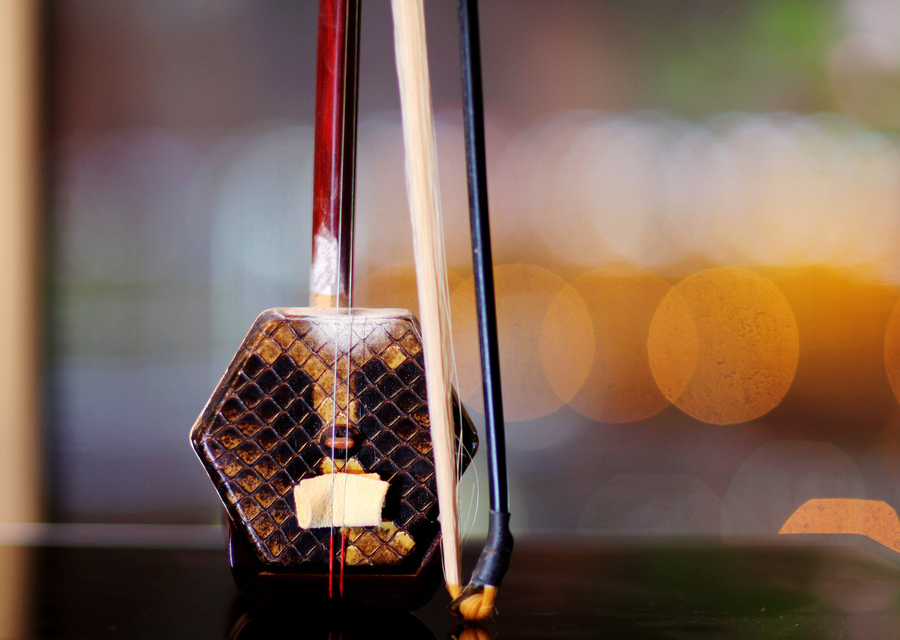The erhu song with portamento added is more interesting
Portamento is a decorative technique for erhu playing, which gives the erhu a wonderful feature that is different from other musical instruments. Many erhu songs become more interesting because of portamento. Today, I will discuss with you how to play Erhu glissando.
First of all, it must be clear that the pad finger glide is actually the erhu glide, a special kind of erhu glide. It was first used in Jiangnan music, and later gradually developed into other local music occasionally used.

As the name suggests, pad finger portamento does not use only one finger like other portamentos, but uses at least three fingers at the same time, one of which (pad finger) acts as an intermediary assistant. Pad fingers generally use one, two, three fingers or a combination of two, three, and four fingers at the same time. For the three fingers of each fingering, the higher-pitched fingers are called high-position fingers, the lower-pitched fingers are called lower-position fingers, and the middle fingers are called pad fingers. The pad finger glissando can go up and down, and the glide interval is mostly a minor third. When playing the downward pad finger glissando, press all three fingers on the string, and then the upper finger, driven by the wrist, quickly gently lifts and slides toward the pad finger, lifts the finger away from the string, and transfers the sound to the pad finger; pad The fingers do not stay, continue to gently lift and slide towards the lower fingers quickly, then lift the fingers away from the strings, and finally transfer the sound to the lower fingers, completing the performance of the downward pad finger glissando. The above method is also used to play the upward pad finger glissando, but in the opposite direction, the action is to slide downward.
The symbol for pad portamento is adding a small dot in the middle of the shaft of the normal portamento notation. It is important to emphasize that the whole process must be coherent and smooth, regardless of whether it is up or down, without the slightest trace of interruption, nor too heavy or too thick.
 渝公网安备 50010702504639号
渝公网安备 50010702504639号